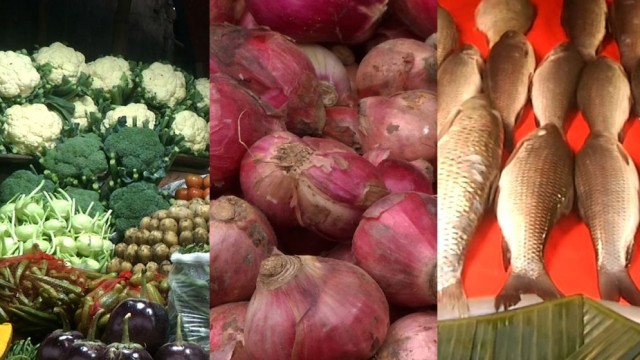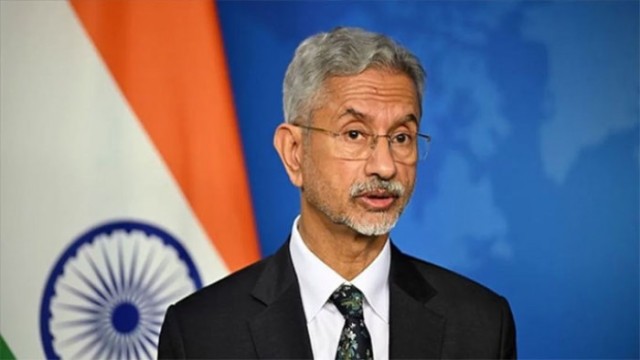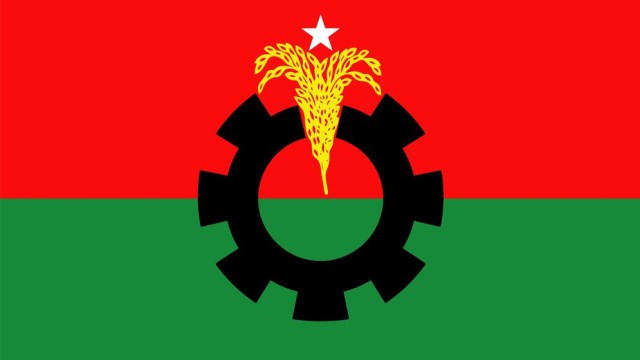Dhaka, Sep 22 (V7N) – Finance and Commerce Adviser Dr. Salehuddin Ahmed confirmed today that the government's decision to permit the export of hilsa fish to India was made following directives from higher authorities, despite previous claims indicating the opposite.
"One responsible individual mentioned that hilsa would not be exported, but a much higher authority instructed us to proceed," Salehuddin explained to reporters at his office in the Secretariat, addressing the shift from the initial stance.
Earlier, Fisheries and Livestock Adviser Farida Akhtar had strongly asserted that Bangladesh would refrain from exporting hilsa this year to bolster local supply of the popular fish. However, the interim government approved the export on Saturday.
Clarifying the situation, Farida Akhtar stated that the Ministry of Commerce sanctioned the export following a "special request" from India in anticipation of the Durga Puja festival. "While we acted on this request, I cannot enforce any decision on them," she noted, emphasizing her ministry's limited role in the matter.
Farida reiterated the fisheries ministry's dedication to ensuring adequate hilsa for local consumers but acknowledged that she lacks the authority to prohibit exports. "I can make a request, but I cannot impose a ban," she added.
Minimal Export Volume
Salehuddin played down concerns about the export, emphasizing that the approved quantity is minimal compared to the country’s overall production. "Bangladesh produces 530,000 tonnes of hilsa, and only 3,000 tonnes are being exported," he pointed out. "That’s less than one percent of our total production. Why shouldn’t we export, especially when there’s an emotional connection in India?"
Addressing criticism from various sectors, the adviser acknowledged the emotional aspect but maintained that the decision serves Bangladesh’s economic interests. "We will generate revenue through these exports," he added.
Salehuddin also highlighted that hilsa often reaches India through illegal channels, and formalizing the export process ensures a legal and profitable transaction. When questioned about Fisheries Adviser Farida Akhtar's assertion that her ministry wasn't consulted on the export decision, Salehuddin replied, "It's not necessary to discuss every decision with every ministry. I assure you, this decision was made after thorough consideration."
He dismissed worries about potential price increases for hilsa in Bangladesh due to exports, stating, "There’s no reason for prices to rise because of such a small quantity. In the long run, this decision will yield positive results."
Economic Cooperation with India
Emphasizing the importance of maintaining strong relations with India, Salehuddin noted that Bangladesh imports onions from its neighbor, which recently reduced duties on onion exports.
In the fiscal year 2023-24, Bangladesh exported 664.86 tonnes of hilsa to India, generating $7.71 million, according to the Department of Fisheries. The previous year saw exports of 1,376.42 tonnes of hilsa, worth $13.68 million. Despite increased production—reaching 571,342 tonnes in the fiscal year 2022-23, up from 566,593 tonnes the previous year—the demand for hilsa remains high in Bangladesh, keeping prices elevated in the local market.
END/MSS/































Comment: